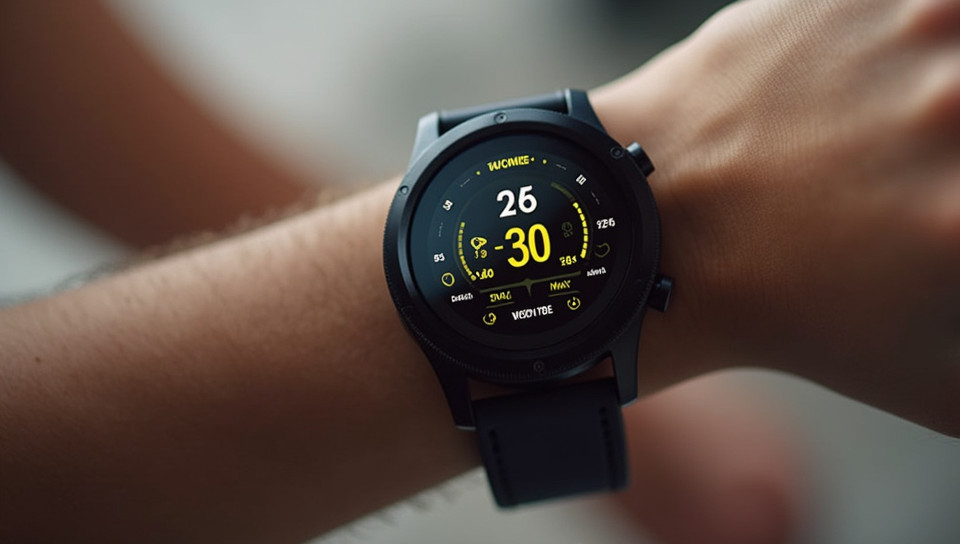Fitness trackers can monitor calories burned during exercise 83%

Tracking Your Fitness: How Calorie Burn Monitoring Can Revolutionize Your Workouts
As you lace up your sneakers and hit the pavement, do you ever wonder how many calories you're burning? It's a question that has puzzled fitness enthusiasts for years. But with the rise of wearable technology, specifically fitness trackers, this mystery is no longer a secret. Today, we'll explore how these devices can monitor calories burned during exercise, and why it's a game-changer for anyone looking to take their fitness to the next level.
The Science Behind Calorie Burn Monitoring
Fitness trackers use a combination of algorithms and data from various sensors to estimate the number of calories burned during exercise. These calculations are based on factors such as your weight, height, age, sex, and the intensity and duration of your workout. By tracking this data over time, you can gain valuable insights into your physical activity levels and identify areas for improvement.
The Benefits of Calorie Burn Monitoring
- Understanding how many calories you're burning during exercise can help you set realistic goals and track your progress.
- It allows you to optimize your workouts by adjusting the intensity and duration based on your caloric expenditure.
- By monitoring your calorie burn, you can identify patterns in your behavior that may be hindering your fitness goals.
How Fitness Trackers Measure Calorie Burn
Fitness trackers use a variety of methods to estimate calorie burn, including:
- Accelerometer: Measures movement and motion
- Heart Rate Monitor: Tracks your heart rate during exercise
- GPS: Estimates distance and pace
- Other sensors: Such as skin conductance and temperature
These data points are then used by the tracker's algorithms to calculate an estimate of calories burned.
Conclusion
Fitness trackers have revolutionized the way we approach fitness, providing valuable insights into our physical activity levels. By monitoring calorie burn during exercise, you can optimize your workouts, set realistic goals, and identify patterns that may be hindering your progress. Whether you're a seasoned athlete or just starting out on your fitness journey, incorporating a fitness tracker into your routine can have a significant impact on your overall health and well-being.
- Created by: Mehmet Koç
- Created at: Aug. 25, 2024, 12:04 a.m.
- ID: 8286
